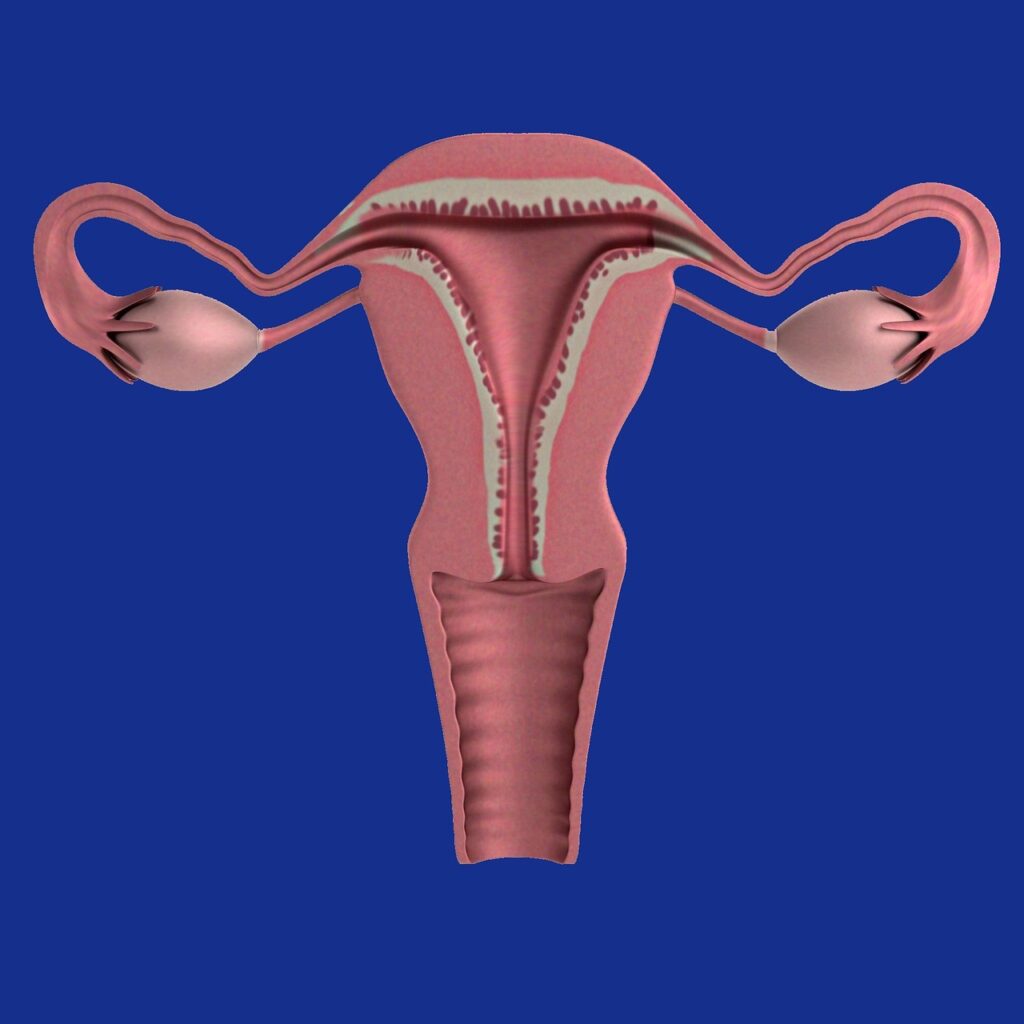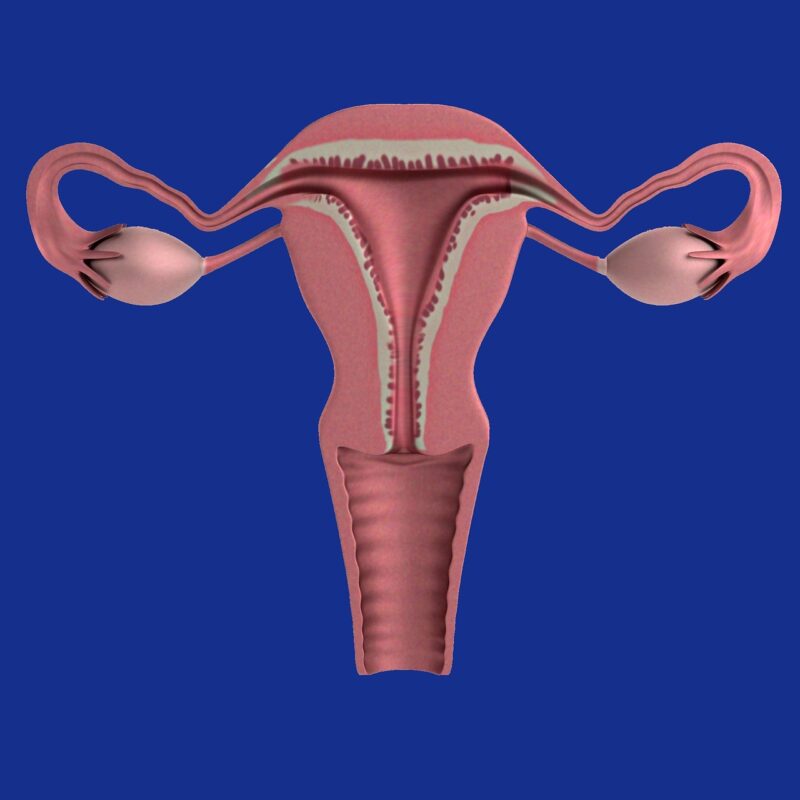
Endometrial cancer might sound like a big, scary term, but let’s break it down into simpler pieces. The uterus is an organ, where babies grow when a woman is pregnant. Now, inside the uterus, there’s a lining called the endometrium. But sometimes, things can go a bit haywire in the body. When cells in the endometrium start growing out of control, that’s when we talk about endometrial cancer.
The incidence of endometrial cancer in India has been on the rise, particularly among urban women. While the exact statistics may vary over time, it’s crucial to understand that endometrial cancer, once considered relatively rare in India compared to other types of cancer, is becoming more prevalent.
Why Does Endometrial Cancer Happen?
There isn’t just one reason why someone might get endometrial cancer, but some things can make it more likely. For example, if a woman’s body has more estrogen (a hormone) than usual, it can cause the endometrium to grow more, increasing the chances of cancer.
Some common risk factors associated with endometrial cancer:
- Age: Endometrial cancer is more common in postmenopausal women, typically between the ages of 50 and 70. However, it can occur at any age.
- Obesity: Being overweight or obese increases the risk of endometrial cancer..
- Hormonal Factors: Prolonged exposure to estrogen without progesterone, either due to certain hormone therapies or conditions like polycystic ovary syndrome (PCOS), can increase the risk.
- Menstrual History: Women who started menstruating at an early age (before 12) or experienced menopause later (after 55) have a higher risk.
- Never Being Pregnant: Women who have never been pregnant have a higher risk compared to those who have had full-term pregnancies.
- Family History and Genetics: Having close relatives (mother, sister, or daughter) with endometrial or colorectal cancer increases the risk. Certain genetic conditions, like Lynch syndrome or hereditary nonpolyposis colorectal cancer (HNPCC), are also associated with a higher risk.
- Diabetes: Women with diabetes, especially type 2 diabetes, have an increased risk of endometrial cancer.
- High Blood Pressure (Hypertension): Hypertension may be associated with an increased risk of endometrial cancer.
- Endometrial Hyperplasia: This condition, characterized by an overgrowth of cells in the endometrium, can progress to endometrial cancer if left untreated.
Remember, having one or more risk factors does not necessarily mean you will develop endometrial cancer, and many women diagnosed with endometrial cancer do not have any known risk factors. However, being aware of these factors can help individuals take preventive measures and undergo regular screenings, especially if they have multiple risk factors or a family history of the disease. If concerned, it’s always best to consult with a healthcare professional for personalized guidance and risk assessment.
Signs and Symptoms
It’s essential to pay attention to what your body might be telling you. If there’s any unusual bleeding, like bleeding between periods or after menopause, that’s a sign to get it checked out. Sometimes, there might be pain in the pelvis or trouble going to the bathroom. But remember, these symptoms don’t always mean cancer – they could be due to other reasons too. Still, it’s best to see a doctor if something feels off.
Diagnosis and Treatment
If someone is worried about endometrial cancer, the doctor might start with some tests. They might do an ultrasound to get a peek inside, or even a biopsy, where they take a tiny sample to look at under a microscope.
If it turns out to be endometrial cancer, don’t panic! There are ways to tackle it. Sometimes, the treatment involves surgery to remove the cancerous cells. Other times, treatments like radiation or chemotherapy might be used. It all depends on how far the cancer has spread and what’s best for that person.
Prevention is Key
While we can’t control everything, there are some steps that can help reduce the risk of endometrial cancer. Eating healthy foods, staying active, and maintaining a healthy weight can all make a difference. And don’t forget those regular check-ups with the doctor!
Final Thoughts
Endometrial cancer might seem scary, but with awareness, early detection, and proper treatment, many people can overcome it. So, listen to your body, don’t ignore any warning signs, and always reach out for help if needed. You’ve got this!



